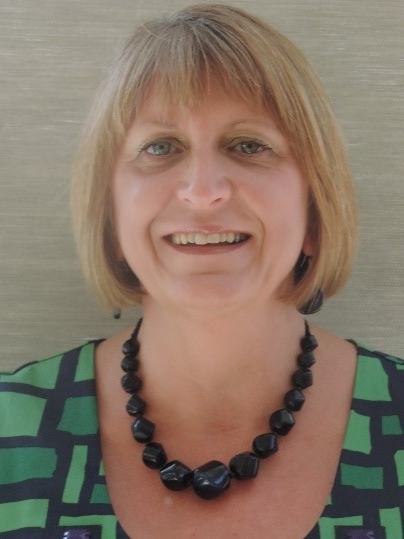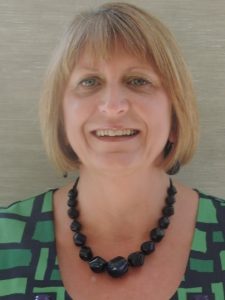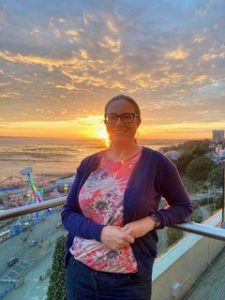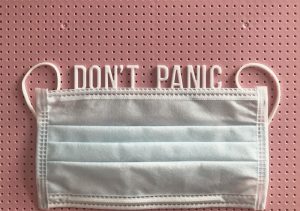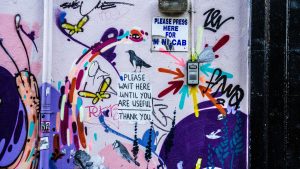
Last year I was interviewed by the Oasis School of Human Relations as part of their research into the requirements of the workplace of tomorrow.
At the time I was just about to leave my post at York CVS and was reflecting on a number of voluntary sector workplaces in which I had worked.
A year on and I am reading with interest the summary findings. Being self-employed now, and also doing an interim post in a University, a new workplace for me, gives me a slightly different perspective.
I also had very much in the front of my mind the recent death of Lynn Jeffries. For those of you who didn’t know Lynn, she was a York-based woman who was hard to label; campaigner, volunteer, community activist, politician, and so much more. Lynn had a skiing accident aged 32, which left her with pain and mobility issues. She was also a type 1 diabetic who by her own admission, did not take the care of herself that such a condition demands.
If there was something of significance to the local community, particularly around health, social care, and equalities, Lynn was usually to be found, giving her views, contributing from her personal experiences and knowledge. I learned a lot from Lynn, particularly about accessibility and equality. She was passionate about removing barriers; one of the ways she did this was to campaign for accessible information. Only recently when I was drafting some materials that would be read by people with dementia did I realise how much I had absorbed as a result of her influence and teaching.
So I came to revisit the workplace of tomorrow with those thoughts in my mind. I also found myself recalling some of my very first workplaces as young woman, mainly in office-based settings, doing a variety of admin and finance roles. When I first started work over 30 years ago young women like me instinctively figured out which male colleagues we would or would not feel comfortable being alone with. We tipped each other off or hung around when not strictly necessary, to prevent a workmate being vulnerable. Casual unwanted physical contact, innuendo and remarks of a sexual nature; we didn’t understand how to report these or do anything about it other than to look out for each other. I know I escaped physically unscathed but now I wonder how many did not.
I am also sure I must have worked with many colleagues who were gay or lesbian but this was never discussed. We know now that many people went to great efforts to ensure their sexuality was not revealed in the workplace. The workplace of today is a far more comfortable, open and equal space but we know there is more to do.
Lynn would remind us of that, from supporting disabled colleagues, to ensuring glass ceilings are shattered, to making every effort to ensure that young people do not grow up in poverty without aspirations to even join the workplace let alone excel in it.
The interim findings of the Workplace of Tomorrow highlight some worrying issues about poverty; we know that disabled people are disproportionately affected by poverty; we know that welfare reform and austerity measures are placing greater demands on voluntary sector organisations supporting young people, the elderly, the disabled, those in need.
One of the calls of the Workplace of Tomorrow is for greater connectedness, collaboration and trust, simply more humanity in how we meet the challenges ahead. I think that is a call that Lynn would heartily endorse.
Angela Portz has many years’ experience working for local and national charities, including The Prince’s Trust, The National Deaf Children’s Society, Rural Youth Network and York Council for Voluntary Service.
She now runs her own business, A E Portz Associates, collaborating with a number of experienced colleagues to deliver services to the voluntary sector. She also takes on interim roles, and is currently supporting the department of Social Policy and Social Work at the University of York with their Making Research Count programme. She is also working with the Joseph Rowntree Foundation on their dementia grants programme and with Coram Voice as an advocate for young people in care.

